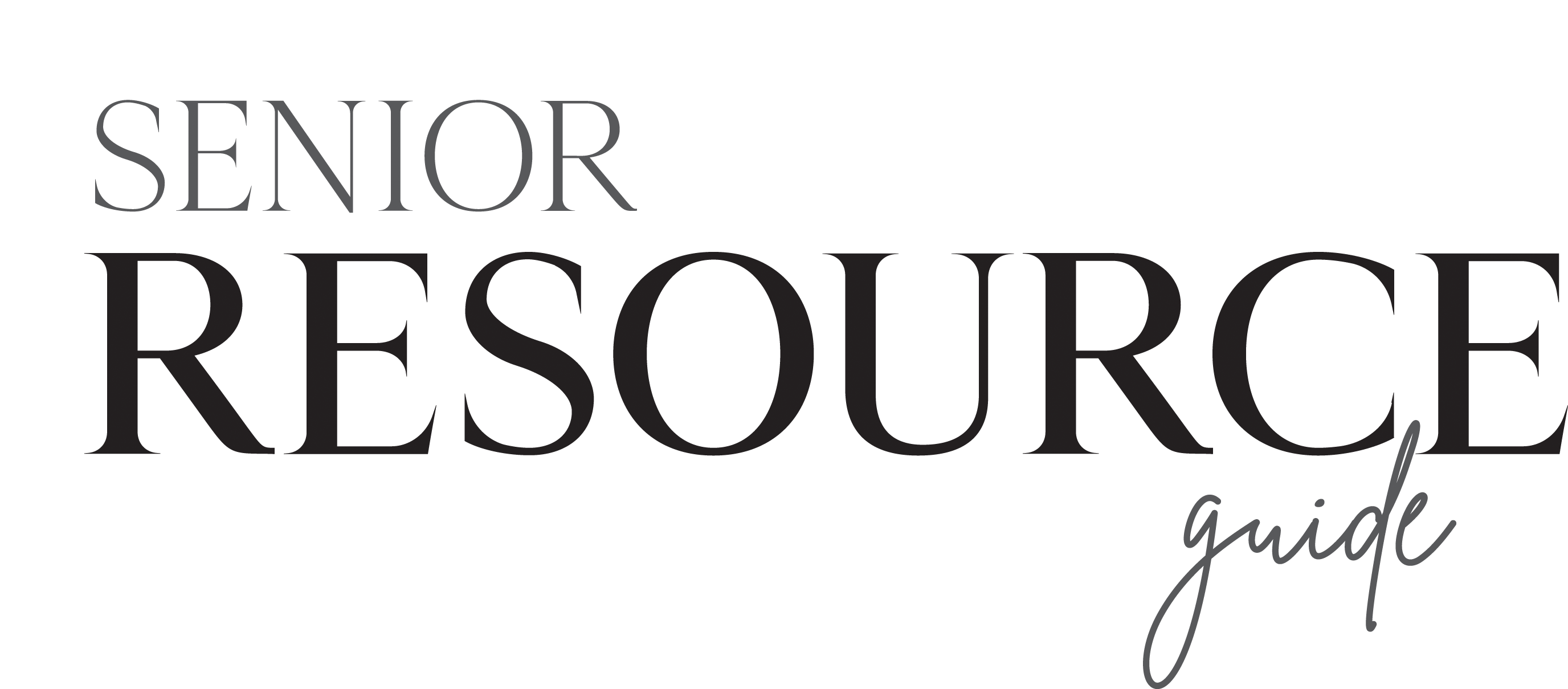
Supplied
Sleep + Health
Do you ever feel tired, lethargic, can't focus? Do you find yourself either not sleeping at night or giving up sleep to take care of all the things that you couldn't get done in the day? Losing those valuable hours of shut-eye has more consequences than most people realize.
The “sleep later” mentality that pushes many into the throws of sleep deprivation may actually be hurting more than it is helping. Sleep deprivation can cause fatigue, lack of focus, lack of motivation, weight gain and loss of creativity. It can also lead to an impaired immune system and a higher risk of diabetes and heart disease.
This is because while you sleep, the brain replenishes its energy stores for the next day. If the brain becomes too sleep deprived, it will begin to shut down, reported USA Today. As the brain cells shut themselves down, performance begins to decline. The tradeoff becomes getting enough sleep and performing at 100 percent, or giving up sleep for a few extra hours of sub-par performance.
Similarly, a study from the American Academy of Sleep Medicine shows that sleep deprivation hinders brain activity in the frontal lobe, the area of the brain responsible for controlling behavior and making complex choices. When activity in the frontal love in repressed, our ability to make pragmatic decisions - such what to eat and how much to eat - is inhibited. This can potentially lead to overeating and obesity.
Healthy adults need between seven and nine hours of sleep per night to function properly. When sleep is neglected or cut back, even by a few hours each night, our bodies develop a “sleep debt.” It is a common misconception that sleeping in on the weekend can replenish this debt. Although those extra hours may help, they are not sufficient. Our bodies continue to suffer the effects of sleep deprivation, and fall right back into the old routine come Monday.
It is important to prioritize getting around eight hours of uninterrupted sleep each night. The body needs that time to restore itself, allowing us to perform at our optimal level. After all, the consequences of sleep deprivation just aren’t worth it.
For an online Sleep Self Assessment quiz, click <HERE>.
